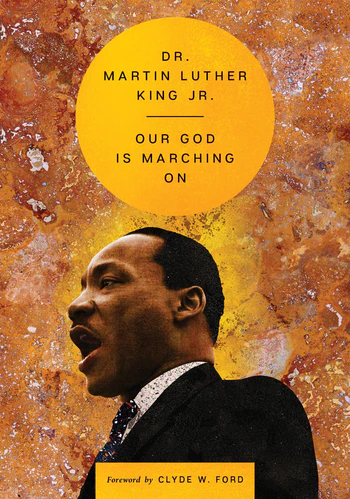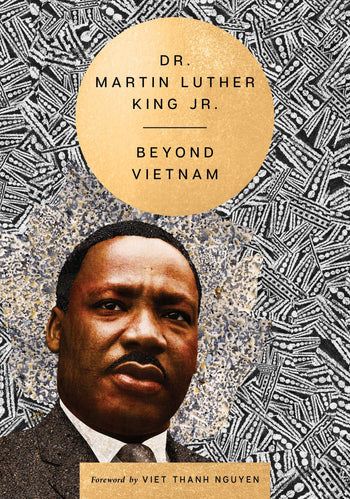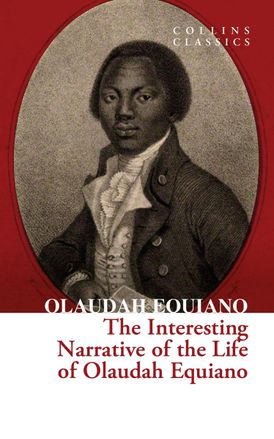History
Featured Products
A Textbook Of Modern European History 2Ed (Pb 2024)
₹521.25
M.R.P.:₹ 695.00
You Save: ₹173.75 (25.00% OFF)
Collins Classics — THE INTERESTING NARRATIVE OF THE LIFE OF OLAUDAH EQUIANO
₹239.20
M.R.P.:₹ 299.00
You Save: ₹59.80 (20.00% OFF)
THE FATE OF THIRD WORLDISM IN THE MIDDLE EAST
₹1,559.22
M.R.P.:₹ 1,999.00
You Save: ₹439.78 (22.00% OFF)









.jpeg)
.jpeg)
.jpeg)